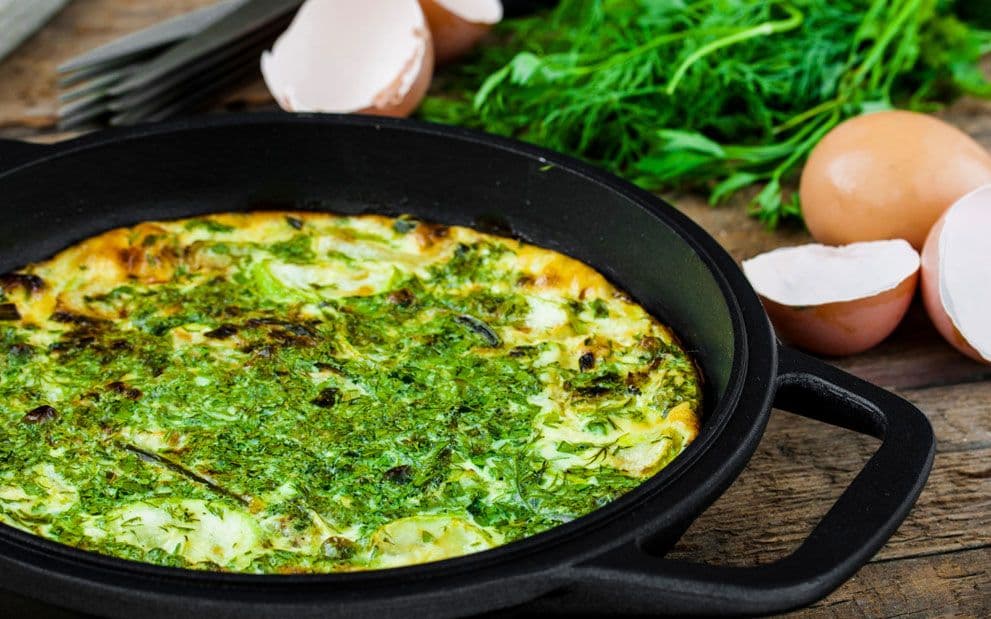Pregnancy is a time of incredible change and growth, both for you and your developing baby. As your body works to support the miracle of life, it's more important than ever to focus on nourishing yourself with a balanced and nutrient-rich diet. In this blog post, we'll explore the key aspects of nutrition in pregnancy and provide practical tips for ensuring you and your baby are getting the essential nutrients you need.
Why Nutrition Matters in Pregnancy
During pregnancy, your nutritional needs increase to support your baby's growth and development. A healthy, well-balanced diet can help:
- Reduce the risk of birth defects
- Support fetal brain development
- Promote healthy birth weight
- Reduce the risk of pregnancy complications, such as gestational diabetes and preeclampsia
- Support your own health and well-being throughout pregnancy and postpartum
Key Nutrients for a Healthy Pregnancy
- Folic Acid: Folic acid is a B vitamin that plays a crucial role in reducing the risk of neural tube defects, such as spina bifida. Aim for 400-800 mcg of folic acid per day, either through prenatal vitamins or fortified foods.
- Iron: Iron is essential to produce hemoglobin, which carries oxygen to your baby. Pregnant women need about 27 mg of iron per day. Good sources include lean red meat, poultry, fish, beans, and fortified cereals.
- Calcium: Calcium is important for building strong bones and teeth, both for you and your baby. Aim for 1,000-1,300 mg of calcium per day, depending on your age. Dairy products, leafy greens, and fortified foods are excellent sources.
- Protein: Protein is essential for your baby's growth and development. Pregnant women need about 70-100 grams of protein per day. Good sources include lean meats, poultry, fish, eggs, beans, and tofu.
- Omega-3 Fatty Acids: Omega-3s, particularly DHA, are important for fetal brain and eye development. Aim for 200-300 mg of DHA per day, either through fatty fish (such as salmon) or prenatal supplements.
Eating a Balanced Diet
In addition to focusing on specific nutrients, it's important to eat a well-rounded diet that includes a variety of fruits, vegetables, whole grains, lean proteins, and healthy fats. Aim to fill half your plate with fruits and vegetables at each meal, and choose whole grain options whenever possible.
It's also important to stay hydrated by drinking plenty of water throughout the day. Aim for at least 8-10 glasses of water per day, and more if you're exercising or in hot/warm weather.
Foods to Avoid or Limit
While pregnant, there are certain foods and substances that should be avoided or limited to reduce the risk of foodborn illness and potential harm to your baby. These include:
- Raw or undercooked meats, eggs, and seafood
- Unpasteurized dairy products and soft cheeses
- High-mercury fish, such as shark, swordfish, and king mackerel
- Alcohol and excessive caffeine intake
Dealing with Pregnancy Cravings and Aversions
Many women experience strong food cravings or aversions during pregnancy, which can make it challenging to maintain a balanced diet. If you're craving unhealthy foods, try to find healthier alternatives that still satisfy your taste buds. For example, if you're craving something sweet, reach for fresh fruit or a small piece of dark chocolate instead of processed snacks.
If you're experiencing strong food aversions, focus on getting nutrients from foods that you can tolerate, and talk to our nurse-midwives about prenatal supplements to fill in any gaps.
Working with Your Team at Clinique Molière
Throughout your pregnancy, it's important to work closely with our nurse-midwife to monitor your nutrition and ensure you and your baby are getting the support you need.
We can offer personalized guidance based on your individual needs and circumstances and can help you navigate any challenges that arise.
In closing, nutrition plays a vital role in supporting a healthy pregnancy and giving your baby the best possible start in life. By focusing on a balanced, nutrient-rich diet and working closely with your midwife, you can feel confident that you're nourishing yourself and your growing baby every step of the way. Remember, taking care of yourself is one of the greatest gifts you can give to your child, both now and for years to come.

